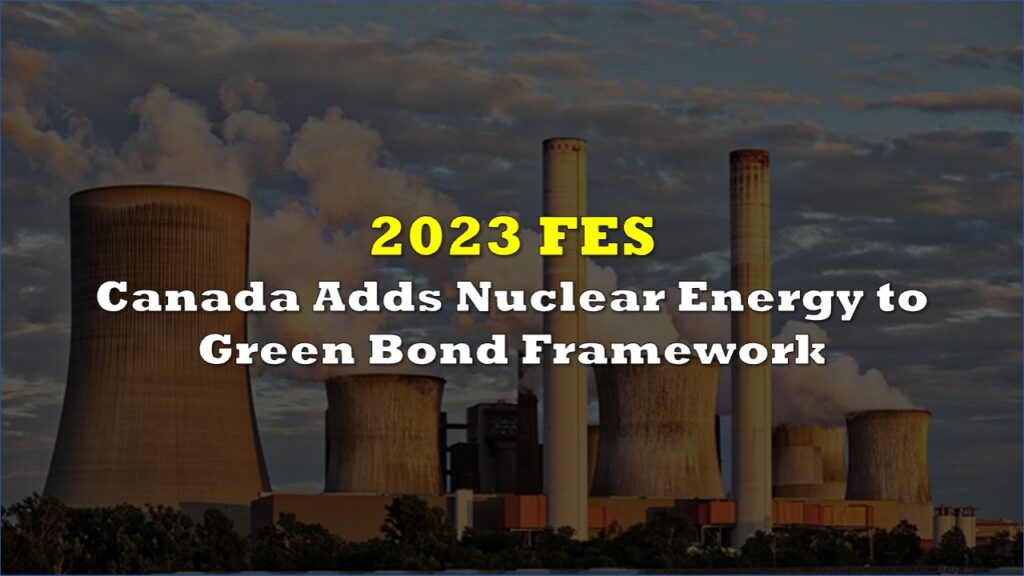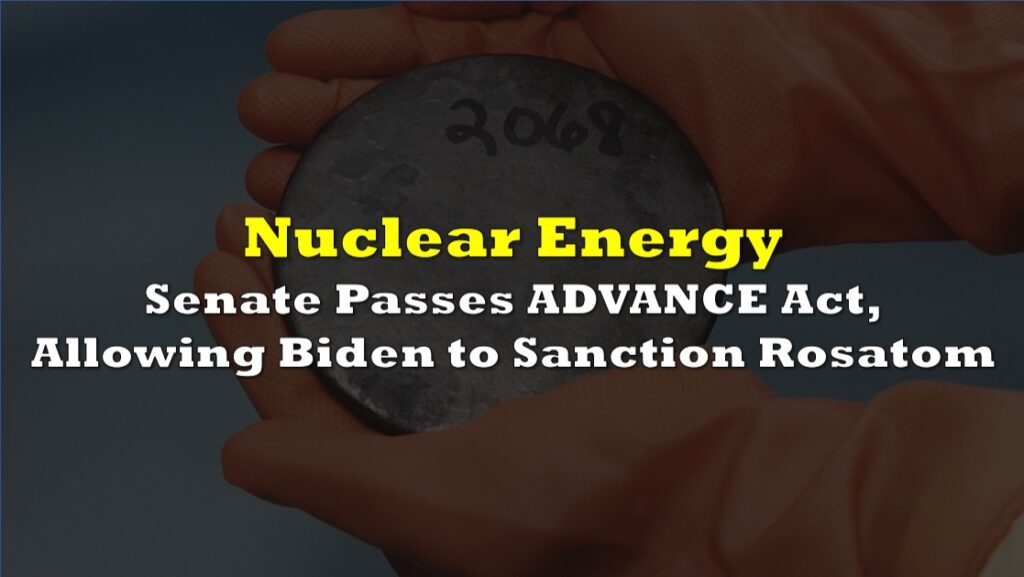Pennsylvania Governor Josh Shapiro is making waves with his recent push to fast-track the reconnection of the dormant Three Mile Island nuclear reactor, a move that could significantly impact both the state’s energy landscape and his political standing.
The push centers around Three Mile Island, the infamous nuclear plant in Pennsylvania. While one of its reactors, Unit 2, suffered a partial meltdown in 1979 and remains permanently shut down, the other reactor, Unit 1, was operational until it was closed in 2019 for financial reasons.
However, a recent agreement between Microsoft (NASDAQ: MSFT) and Constellation Energy (NASDAQ: CEG), the plant’s owner, could bring Unit 1 back online by 2028 to provide power to Microsoft’s data centers—which will consume enough energy to power 700,000 homes.
But there’s a catch: connecting to the grid could take years, as new energy projects face significant delays in gaining access. To avoid these delays, Shapiro is lobbying for an expedited process, arguing that the Three Mile Island reactor should not have to wait in the queue like entirely new projects.
In a letter to PJM Interconnection, the grid operator for Pennsylvania and several other states, Shapiro made his case, saying that it “should be allowed to come online as quickly as possible rather than waiting in the queue as if they were an entirely new development.”
Shapiro’s concern is that the project could face delays of several years, further straining Pennsylvania’s ability to meet growing electricity demands.
Nuclear economics
Shapiro’s call to expedite Three Mile Island’s grid connection comes at a time when nuclear power is receiving widespread support from political figures and industry leaders. Constellation stands to benefit significantly from any fast-tracking of grid access, as it would allow the company to start receiving payments from Microsoft sooner. The financial impact is substantial—Constellation’s stock has already surged 45% since the beginning of the nuclear revival talks.
PJM Interconnection also warned that it may face power shortages as early as 2030 due to rising electricity demands. These demands are driven in part by the rapid growth of electric vehicles, data centers, and new industrial projects.
By advocating for the Three Mile Island reactor to skip the line, Shapiro is trying to address the urgent need for more reliable energy in the state. “Adding megawatts to the grid during this period of tightening supply/demand conditions will help reliability of the system,” PJM spokesman Dan Lockwood said, reflecting a broader acknowledgment that the grid is facing a potential crisis.
In July, PJM announced that it would increase payments for electricity capacity ninefold, hoping to incentivize the development of new power plants. But while the demand for new electricity generation is clear, the backlog in grid connections has become a major obstacle. PJM’s queue for new energy projects has been closed to new applications since 2021 and is not expected to reopen until 2026, potentially delaying some projects for years.
Pennsylvania has long been a key player in the U.S. nuclear industry. With five operational nuclear plants and thousands of jobs tied to the sector, nuclear power plays an outsized role in the state’s economy. Shapiro’s push to fast-track the Three Mile Island project seems to be motivated, at least in part, by the desire to boost Pennsylvania’s energy infrastructure and attract major tech investments.
The economic stakes are high. Microsoft’s agreement to purchase energy from Three Mile Island is just one example of how Pennsylvania stands to benefit from the resurgence of nuclear power. By fast-tracking the grid connection, Shapiro hopes to make Pennsylvania an attractive destination for future investments from tech companies that need massive amounts of reliable power, particularly in the data center and artificial intelligence sectors.
In his letter to PJM, Shapiro emphasized the economic benefits for the state, noting that the restart of Three Mile Island would create “good-paying jobs” and position Pennsylvania as a leader in the energy sector. His argument is that without this kind of state-level support, investments could move to other states that are more proactive in incentivizing fast grid connections and energy development.
Shapiro’s stance on nuclear power also aligns with national political trends. The Biden administration has been a vocal proponent of nuclear power as part of the broader clean energy transition, recently announcing a plan to triple global nuclear capacity by 2050. Shapiro’s advocacy could be seen as an attempt to align Pennsylvania with federal energy priorities while also securing his state’s economic future.
Information for this briefing was found via Barron’s and the sources mentioned. The author has no securities or affiliations related to this organization. Not a recommendation to buy or sell. Always do additional research and consult a professional before purchasing a security. The author holds no licenses.









